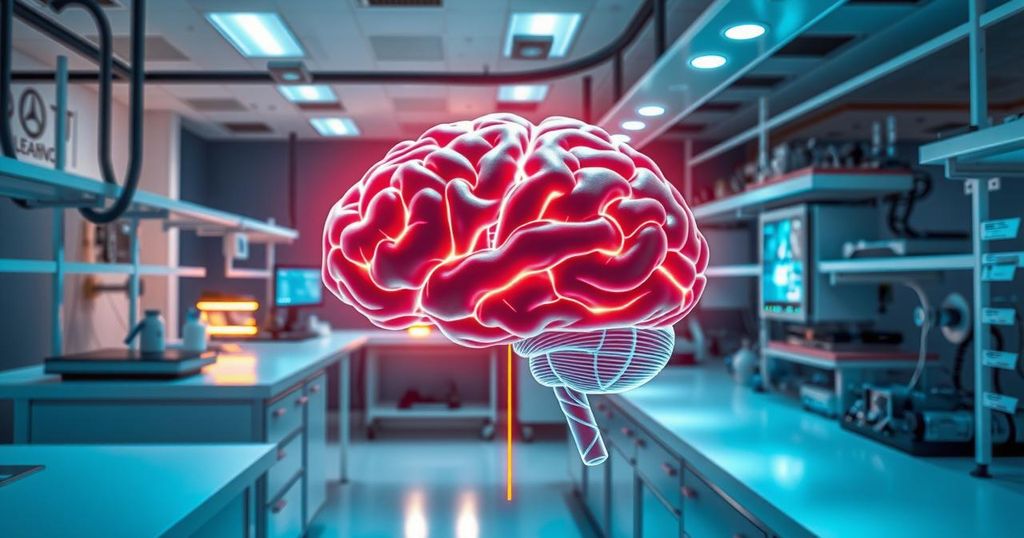The Transformative Impact of Artificial Intelligence on Scientific Progress

Artificial intelligence is often viewed through the lens of its risks, including biases and job losses. However, some experts argue that AI may revolutionize science by accelerating discovery in critical fields such as medicine and climate science. Leading figures in AI suggest that this technology could trigger a new era of scientific achievement.
The discourse surrounding artificial intelligence (AI) often highlights its associated risks, such as algorithmic bias, job displacement, and even existential threats to humanity. However, there exists a contrasting view that emphasizes AI’s potential to address significant global challenges. Proponents assert that AI can significantly expedite scientific breakthroughs, particularly in crucial domains like healthcare, environmental science, and sustainable technologies. Visionaries like Demis Hassabis and Yann LeCun advocate for AI as a catalyst for unprecedented scientific advancement, raising the question of whether this vision holds merit.
In summary, the discussion of artificial intelligence extends beyond its perceived dangers to the transformative benefits it offers in scientific research. By potentially accelerating discoveries in medicine and environmental sciences, AI could usher in a new era of innovation. The optimism expressed by leading figures in technology suggests that embracing AI could lead to remarkable progress in addressing humanity’s most pressing challenges.
Original Source: www.economist.com







